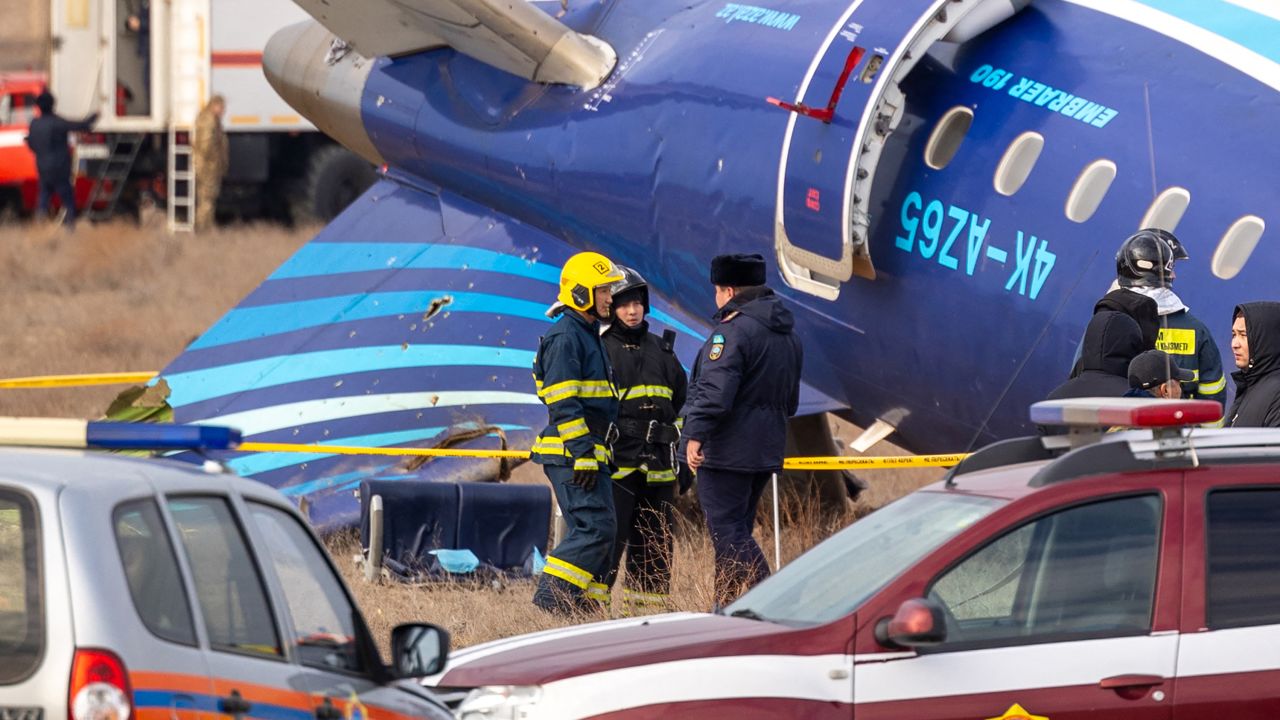
Pope calls for ‘lasting peace’ in Ukraine in Christmas Day message
SMM ALIPAYUS Dec 25, 2024 World
Pope Francis has called for a “negotiation” to end the war in Ukraine in a Christmas Day message where he appealed for weapons to be laid down in global conflicts and reconciliation between enemies.
The 88-year-old pontiff’s remarks came hours after a “massive” aerial attack by Russia and follow his consistent push for a negotiated peace settlement to end the war in Ukraine. Months of increased bombardment by Russia has left Ukraine in a precarious position as the war continues into a third winter.
“May the sound of arms be silenced in war-torn Ukraine!” the pope said during his traditional “Urbi et Orbi” (“To the city and to the world”) address and blessing. “May there be the boldness needed to open the door to negotiation and to gestures of dialogue and encounter, in order to achieve a just and lasting peace.”
In the past the pope has even suggested Ukraine should have the “courage of the white flag,” remarks that were criticized by Kyiv, although relations between the Vatican and Ukraine have improved. Ukraine’s President Volodmyr Zelensky met the pope for a third time in October and thanked the Holy See earlier for its help to secure the release of Ukrainian prisoners.
A peace deal to end the Ukraine war has become a more likely prospect following the re-election of President Donald Trump who has pledged to end the conflict, while Zelensky has recently signaled a willingness to enter into negotiations to end the war. While Francis has not laid out a detailed position on what a peace deal would look like in Ukraine, the Holy See’s foreign minister has said the position is that they respect the “territorial integrity of Ukraine.”
Related article Pope sparks anger after saying Ukraine should have the ‘courage of the white flag’ and negotiate
Elsewhere in his Christmas message, the pope called for peace across the Middle East, saying the “humanitarian situation is extremely grave” in Gaza.
“I think of the Christian communities in Israel and Palestine, particularly to the dear community in Gaza,” he said. “May there be a ceasefire, may the hostages be released and aid be given to the people worn out by hunger and by war.”
Francis has been more vocal recently about the Israel-Hamas war and has described what had been happening as Gaza “cruelty” and “not war.” He made these remarks in his annual Christmas address to cardinals who lead the church’s central administration in what appeared to be a reference to the Israeli airstrikes on Friday that killed 25 Palestinians in Gaza. And in excerpts of a book published last month, the pontiff called for an investigation into allegations of genocide.
Israel’s assault has killed more than 45,000 Palestinians and injured over 100,000 since the war started, according to Gaza’s health ministry. Israel launched its assault on Gaza after Hamas-led militants attacked the country on October 7, 2023, killing 1,200 people and taking over 250 hostages, according to Israeli authorities.
The Pope also talked about “closeness to the Christian community in Lebanon, especially in the south, and to that in Syria, at this most delicate time” and for “the doors of dialogue and peace be flung open throughout the region, devastated by conflict.” He called attention to the “children who are dying from an outbreak of measles in the Democratic Republic of Congo” and for those in the east of that country, and of Burkina Faso, Mali, Niger and Mozambique.
“The humanitarian crisis that affects them is caused mainly by armed conflicts and the scourge of terrorism, aggravated by the devastating effects of climate change, resulting in the loss of life and the displacement of millions of people,” he said.
On Christmas Eve, the pope inaugurated the Catholic Church’s jubilee year, an ancient tradition which began with the opening of St Peter Basilica’s “Holy Door,” normally cemented shut. The jubilee year, which dates back to biblical times, centers on forgiveness and pilgrimage and has led to major upheaval central Rome as the Eternal City scrambles to prepare to welcome 35 million visitors over the coming year.
Those who pass through the holy door, and carry out certain spiritual and charitable acts, receive a plenary indulgence, a centuries-old Catholic tradition which relates to the forgiveness of sins and can help release a soul from purgatory.
Francis said he hoped the jubilee to be a moment when the “ideological walls that so often mark political life” are torn down, for the forgiveness of debts of poorer countries and for the Christmas message to inspire political authorities in the “American continent” to promote “social harmony.”
In his Christmas Day address, Francis said the opening of the Holy Door shows that “God’s mercy can do all things” and encourages everyone to be “reconciled with ourselves and able to be reconciled with one another, even our enemies.”
The pope was brought to the balcony overlooking St Peter’s in a wheelchair and delivered his speech while sitting. The jubilee year is likely to test the stamina of the pontiff who decided to lead last Sunday’s Angelus prayer from inside his residence in the Vatican due to cold symptoms. On Thursday, he is due to travel to Rome’s Rebibbia prison to open a holy door as part of the jubilee celebrations, the first time such a portal will be opened in a prison.




